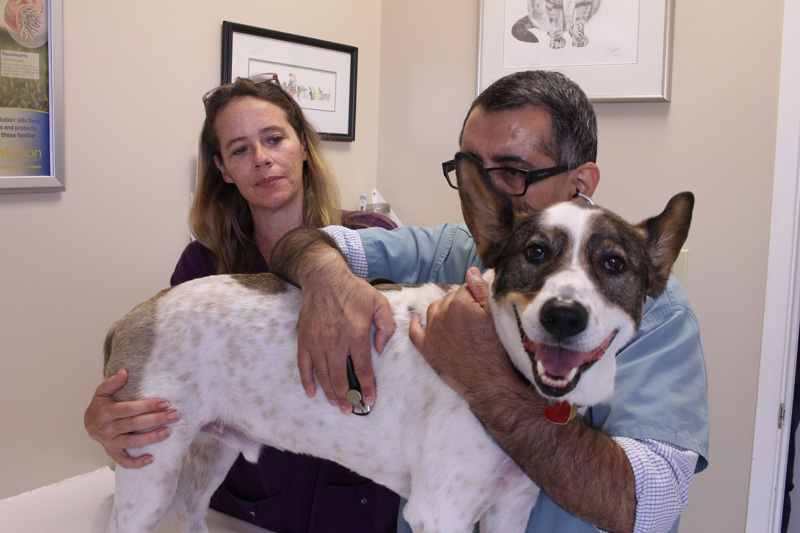3050 Garden Street, Unit 112B
Whitby, ON L1R 2G7
Mon-Fri: 8am - 6pm, Sat: 9am - 1pm, Sun: Closed
Menu
3050 Garden Street, Unit 112B
Whitby, ON L1R 2G7
Mon-Fri: 8am - 6pm, Sat: 9am - 1pm, Sun: Closed

We provide many surgical services, everything from neutering (for males), spaying (for females), to exploratory abdominal surgery and orthopedic surgery e.g. cruciate ligament (ACL) repair and fracture repair. Read more about spaying and neutering here.
Preventive teeth cleaning, polishing and dental surgery are all commonly dealt with here at Whitby Animal Hospital. For more information on why preventative oral health is very important in decreasing the severity of periodontal disease, click here.
For our dentistries and surgeries we use various anesthetics and analgesics (pain killers) which are tailored to the individual needs of each patient. A pre-anesthetic blood test is strongly encouraged so we can ensure the best choice of medications for your pet. No one likes to be in discomfort and it is well known that patients (both human and animal) recover better if they’re not in pain. We treat your pet as our own and we treat each one as an individual.
For all surgeries a pre-surgical exam is done, ideally no more then three to five days prior to surgery. The doctor will examine your pet confirming the absence of any obvious diseases. During this appointment a small blood sample can be collected for pre-anesthetic testing and all consent forms can be signed. That way there is less to do on the morning of the surgery.
Pre-anesthetic Blood Work
The ideal anesthetic patient is healthy and free from disease. While much of your pet’s health status can be determined through a physical exam, blood tests help get a more complete picture.
A small amount of blood (usually less than a teaspoon) is collected and tested to evaluate organ function and blood cell counts. This allows us to tailor the anesthetic protocol directly to the needs of your individual pet. If there are any unusual or abnormal findings, the veterinarian is able to discuss these with you and make the necessary changes to the anesthetic to be used and the procedure being done.
If the blood-work is normal and there are no unusual findings, this information becomes part of your pet’s permanent record. It gives us a base line to work from in the future.
Intravenous Fluids
As new research brings new solutions to veterinary medicine, we are able offer better and better care for our pets. While spay and neuter procedures are very safe and routine, the use of intravenous (IV) fluids provide an even safer experience for your pet. IV fluids are fluids, (similar to blood but without the proteins and red blood cells), that are delivered into your pet’s vein. IV fluids help maintain your pet’s blood pressure and ensure easy access for delivery of both routine medication and any medications that may be needed in case of emergency.
Pain Management
Pet comfort is very important to us. Pets are monitored for signs of pain or discomfort before, during and after surgery. Pain relief medication is given to all pets as needed at any time during their stay in our hospital.
You can help to keep your pet comfortable at home by following the veterinarian’s recommendations regarding exercise and by giving any prescribed medications as directed. Do NOT give your pet medications other than those prescribed by us for that specific pet.
Managed by StableWP